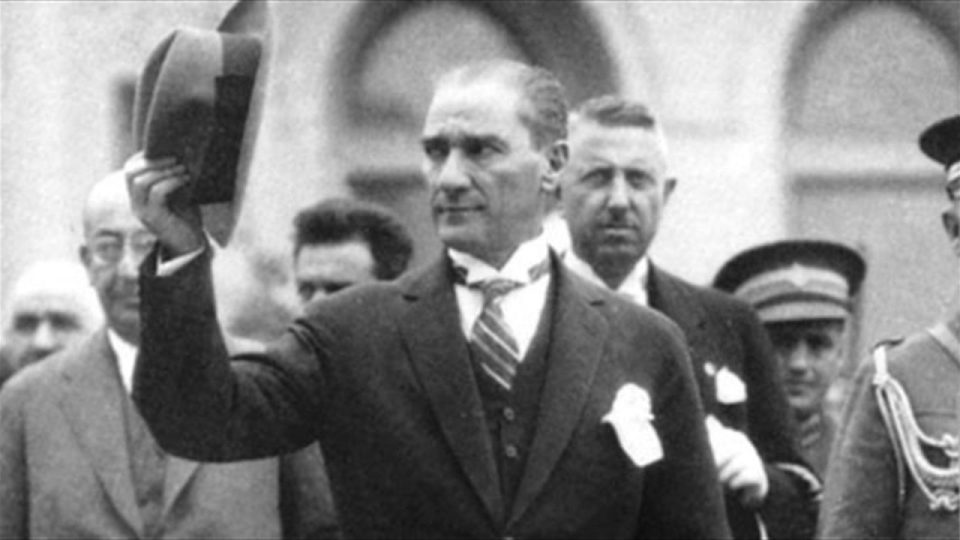The Reformation, which began in the early 16th century, had a profound impact on Danish society and politics. Prior to the Reformation, Denmark was a Catholic country, and the Church played a significant role in shaping society and politics. However, the arrival of the Reformation brought significant changes to the country’s religious, cultural, and political landscape.
The Reformation in Denmark began in the early 1520s, when a group of intellectuals and clergy began to advocate for reform within the Catholic Church. They were influenced by the writings of Martin Luther, who had begun to challenge the authority of the Church and its teachings. Initially, the Danish monarchy was hesitant to embrace the Reformation, as it feared the political consequences of breaking with Rome.
However, in the early 1530s, the Danish king, Christian III, began to support the Reformation. He saw it as an opportunity to assert his authority over the Church and to confiscate its vast wealth. In 1536, he officially declared Denmark a Lutheran country and established the Danish National Church, which was controlled by the state.
The establishment of the National Church had significant implications for Danish society. It led to the closure of many Catholic monasteries and convents, which had been important centers of learning and charity. The monks and nuns were forced to leave their homes, and their properties were confiscated by the state. This resulted in a significant transfer of wealth from the Church to the state.
The Reformation also had a significant impact on the Danish language and culture. Prior to the Reformation, Latin was the language of the Church and the educated elite. However, the new Lutheran Church began to use Danish in its services and publications, which helped to promote the use of the Danish language and to establish it as a literary language.
The Reformation also had significant political implications. The establishment of the National Church gave the state greater control over religious affairs, and it helped to consolidate the power of the monarchy. It also led to a significant expansion of the state bureaucracy, as new institutions were created to oversee religious affairs.
The Reformation also had implications for Denmark’s relationship with its neighbors. Denmark had previously been a part of the Catholic Church’s hierarchy, and its leaders had close ties to other Catholic countries, such as Spain and the Holy Roman Empire. However, the Reformation led to a significant rupture in these relationships, and Denmark found itself increasingly isolated from other Catholic countries.
The Reformation also had implications for Denmark’s relationship with its northern neighbors, particularly Sweden and Norway. Sweden had already embraced the Reformation, and its king, Gustav Vasa, was eager to spread Protestantism throughout Scandinavia. This led to a series of conflicts between Denmark and Sweden, known as the Nordic Seven Years’ War, which lasted from 1563 to 1570.
In conclusion, the Reformation had a profound impact on Danish society and politics. It led to the establishment of the National Church, the closure of many Catholic institutions, and a significant transfer of wealth from the Church to the state. It also had implications for Danish language and culture, and it helped to consolidate the power of the monarchy. Finally, it had implications for Denmark’s relationships with its neighbors, both Catholic and Protestant.












